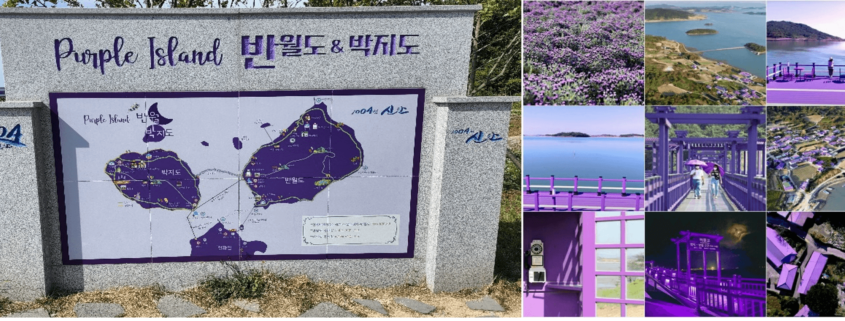History
Pants Off Racing (“POR”) was founded in 2012. Our organization had been active for many years before, but we didn’t register as a 501c3 until 2012.
POR was formed because Nancy “Pants” Amato was diagnosed with pancreatic cancer in the winter of 2006. Upon diagnosis, Nancy Pants had such an overwhelming support system that her children and their friends were inspired to form a community that would provide similar support to others diagnosed with pancreatic cancer. We believe that by providing support for pancreatic cancer victims and their families, we can improve and significantly diminish the harsh realities they face. We saw a gap in the assistance that patients, and their families, receive when they are diagnosed with cancer, with majority of funding going to Pancreatic Cancer research, so POR fills that gap.
Providing compassionate support to pancreatic cancer victims, and families, is how we are going to fight this disease. We have chosen to use all funds received by donors to directly support families, not research, because we believe that our greatest impact will be the interactions we have with those who need it right now.
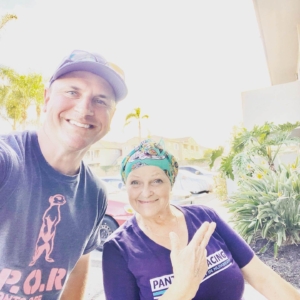
Areas of Focus
POR provides direct emotional and financial assistance to those that request and require it. Typically, we begin with a care package to initiate the relationship and help bring a smile to the cancer patient. As we get to know the individual or family better our support may expand to covering travel expenses, groceries, sending holiday and birthday gifts, and much more allowing the patient to focus on their treatment and recovery.
Our Board of Advisors are also available to share their experiences with the families that are referred to POR. One of our Board members is currently fighting pancreatic cancer. He finds himself talking with most of the patients that reach out to us. His experience has been helpful to others that are navigating their treatment options.
All of our POR members are volunteers that dedicate themselves to creating a personal connection with the families and individuals we support. Our members span national wide, which allows us to locally connect with our families. Local activities focus on spending quality time with our families and can range anywhere from casual meals or meetups to indoor skydiving and Sea World — we try to make it personal to the individual.
Current Projects
Currently we are working on creating an advocate plan for cancer patients. It is our experience that many of the people looking for assistance are acting as their own advocates. With limited energy during treatments, we would like to have a plan that would help someone close to them assist with their journey. We want the advocate to understand what questions to ask the doctors, best practices in navigating the healthcare system and when to reach out to POR when they have a question they can’t get answer to.
POR has also noticed the importance of great palliative care. The patients that we work with are often unfamiliar with the services that are offered. In each conversation we have with patients, we ask if they are participating in a palliative care program. We have a board member that was diagnosed with stage 4 pancreatic cancer nearly 3 years ago. His hospital system in Seattle provides great palliative care, and he swears by the treatments for his recovery and health. He tells all the patients he speaks with to get out in front of pain management. POR will continue to learn more about palliative care and share this with the cancer patients we assist.
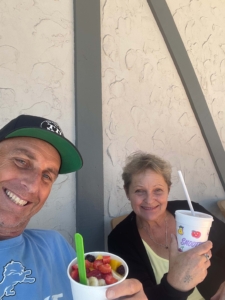
Sentry Club
Sentry Club is POR’s community outreach efforts. Most charities and nonprofits focus on research, leaving a significant need for personal assistance. Our goal is to provide families with a network of support, resources, and a strong community outside the everyday hospital and treatment centers. Most families come to us because there are limited to no options to receive direct assistance for their needs.
Here’s a little story about someone we met recently and has become part of the POR community:
Terri Armstrong found POR via the Pancreatic Cancer Action Network (PanCAN), and really has no one else to go to. She contacted PanCAN in Manhattan Beach, and they connected her to the best place she could go ASAP – PANTS OFF RACING (“POR”)!
Recently, she was diagnosed with Stage 4 terminal pancreatic cancer. She needed hygiene supplies, and some hope. She requested some basics from POR, to get by. She was worried about the chemo drug she was prescribed. She heard bad things about it, and was worried sick about having a bad reaction to it. Not only did she not have family to fall back on, she was acting as her own advocate. In the process of learning that she had cancer, Terri lost her apartment while she was getting treatment. She was homeless and also had some major issues with her vehicle.
What happens when someone comes to us? We fight for them, and we respond right away.
Terri sent us her POR assistance request form so we knew what she needed from us. Based on her needs we sent her some Walmart gift cards, compression socks, and a super warm blanket for her treatment days. We worked with the Toyota dealership to fix up her car so she had a reliable car to get to her appointments.
One of the most important byproducts of finding a community that could support her was that she regained hope. She needed someone, and POR answered the call. It wasn’t one person, or donation, it was a ladder of people that care — people she will never see, or know about, usually: volunteers, donors, and the people that have gone through what she is going through.
We all serve an important role. Recently, she sent us a letter. She is hopeful, and her outlook is much different than the first time we spoke to her. Terri has found the hope she didn’t have before she reached out to PanCAN or POR. Even if things aren’t looking great for her, she has a community to lean on.
Most recently she met a couple of all-time great POR members. Eric Altman was able to meet with Terri and deliver her some much needed Christmas joy. He even delivered her a fathead cutout of her head that was meant to cheer her up when she had chemo days.
Then, out of the blue, Curt Moothart took the time to meet her after one of her appointments. She doesn’t have any family close by to get her through these days, so this was a special occasion. Having someone to just be there to say they are cheering you on, and knowing you have support, has to feel amazing.
What a cool community this is, and it is stories like these that would make Nancy Pants proud. We’re sure she is smiling down on Terri, and her spirit lives on in acts like these.
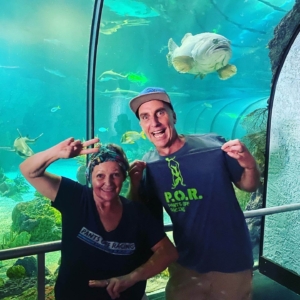
How can the WPCC support your organization and its goals?
We want to always know what treatments, and potential clinical trials, are being offered to cancer patients. There are a lot of new trials and advances in treating pancreatic cancer, but we don’t know when it is approved for treatment. Patients, and their families, want to know what their doctors aren’t telling them. More information that can help them live longer is always at the top of the list.
What are you most looking forward to accomplishing with WPCC over the next year?
WPCC continues to help connect us to organizations and medical professionals that know a lot more about pancreatic cancer than we do. It is important to stay on top of all the advances that are being made. Being aware of the advances in pancreatic cancer helps us to be a better resource to those that need our help.
To learn more about Pants Off Racing Inc., visit their member page.


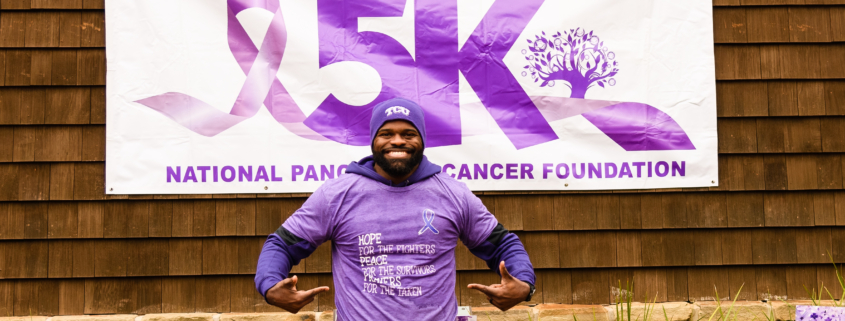
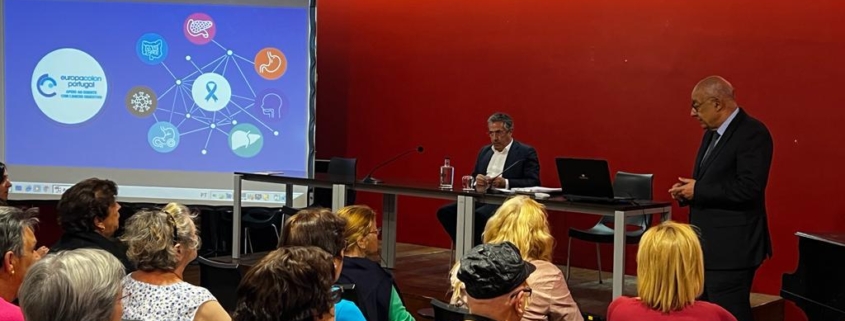
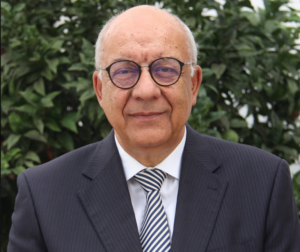
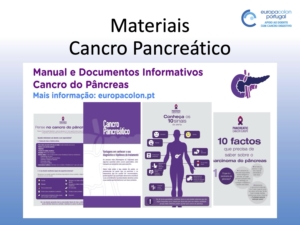
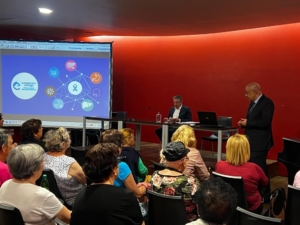
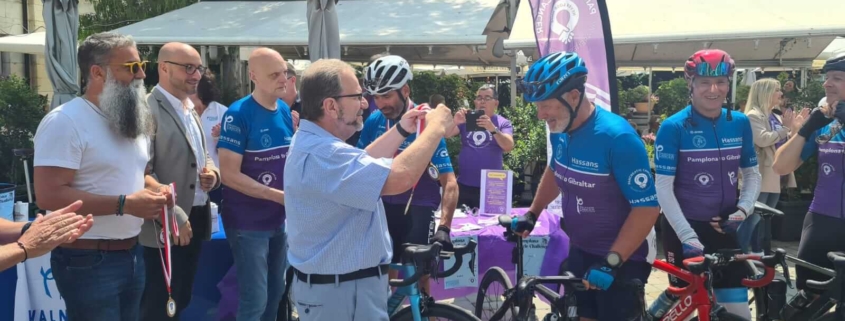
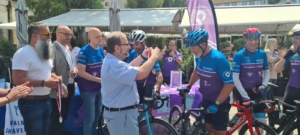
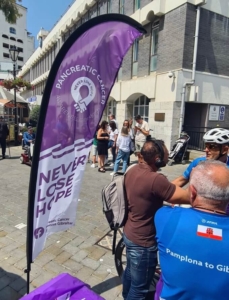
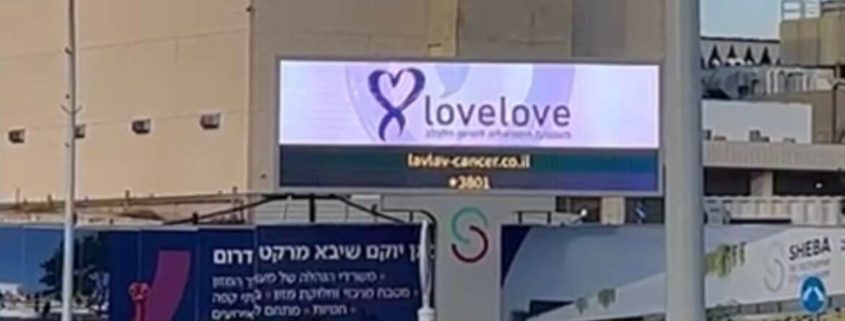
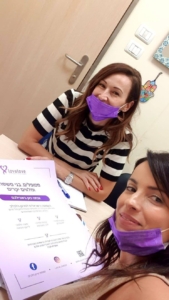
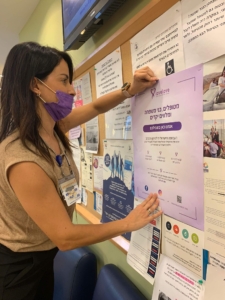
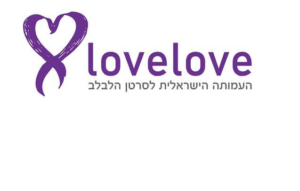
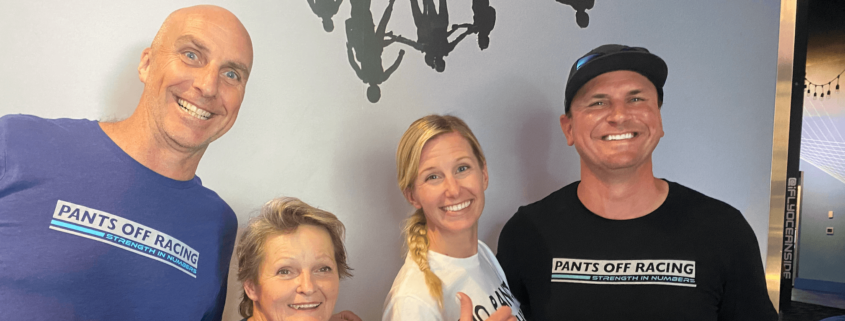



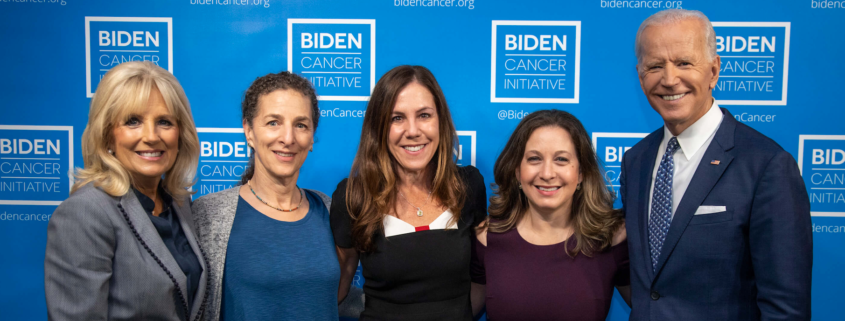
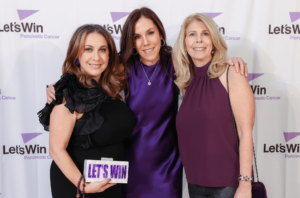
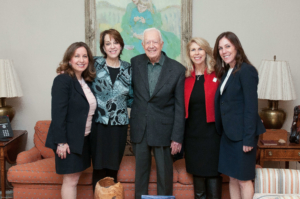
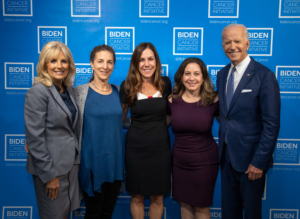
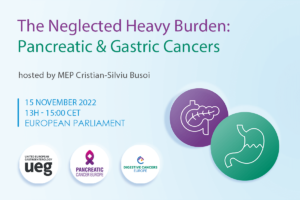
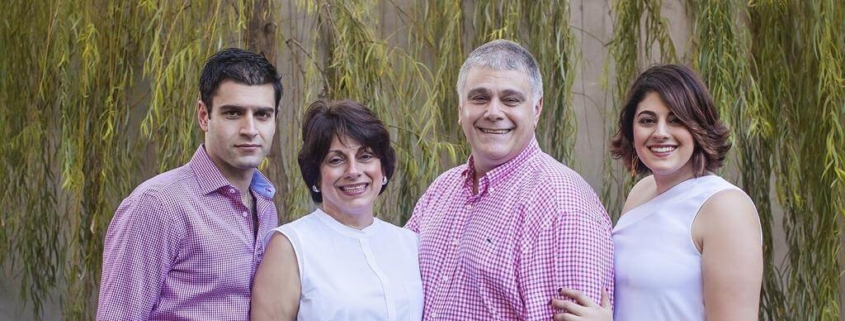
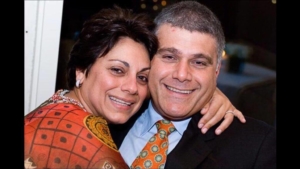
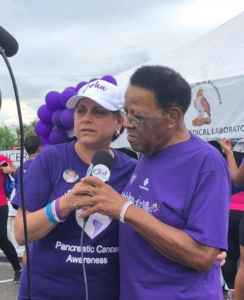
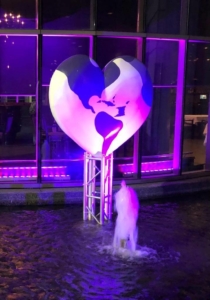
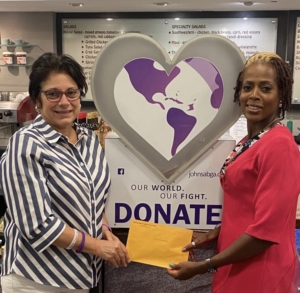
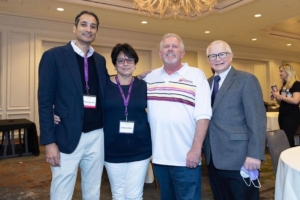
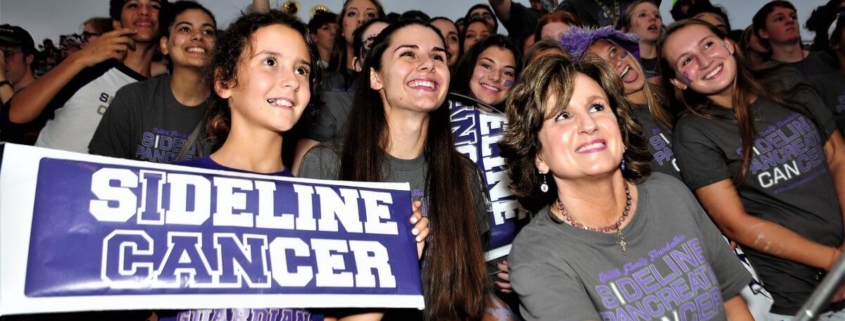
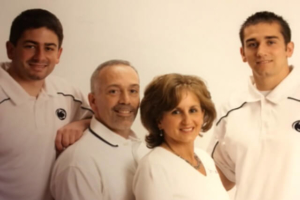
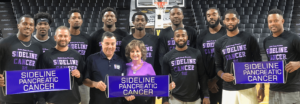 Â Â
  

